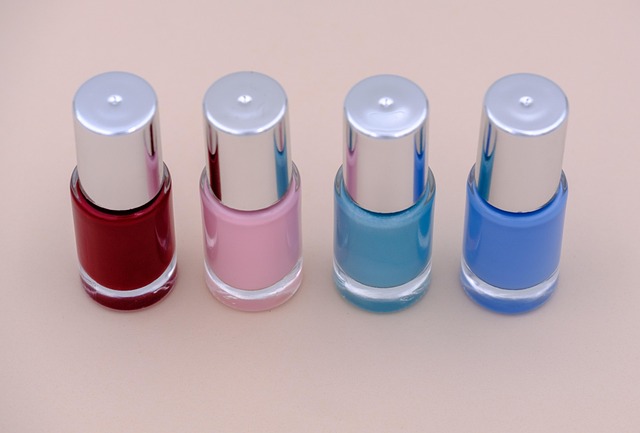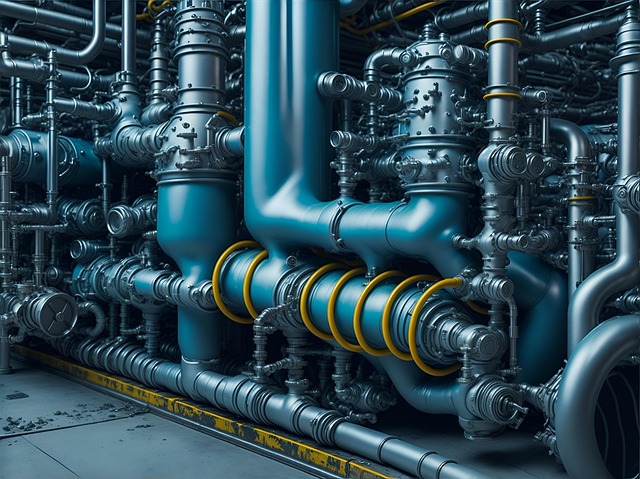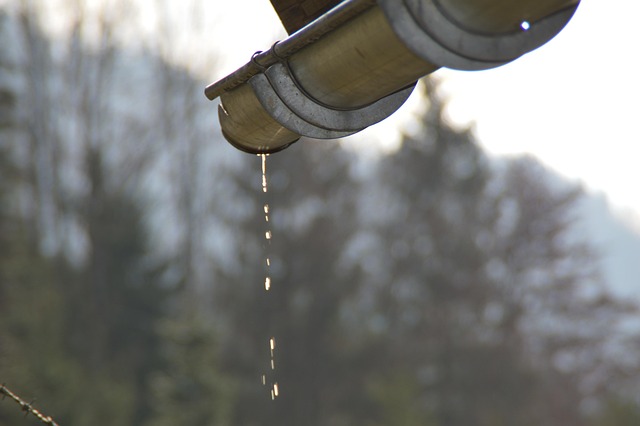In chilly months, insulating your water heater and pipes is crucial for winter protection. It prevents heat loss, reduces energy bills, increases efficiency, and extends system lifespan. Choose from DIY kits or professional installation using fiberglass insulation or foamed plastic jackets. Regular maintenance, including check-ups and addressing issues promptly, further optimizes performance and prevents costly repairs during winter.
In the chill of winter, your water heater works overtime, leading to significant energy consumption. Discover how insulating your water heater can slash heating costs and reduce environmental impact. This guide explores common winter challenges, outlines the numerous benefits of insulation, details various insulation types for peak efficiency, and offers insights on DIY vs professional installation. Plus, learn essential maintenance tips for year-round energy savings and winter protection.
- Understanding Winter Water Heater Challenges
- Benefits of Insulating Your Water Heater
- Types of Insulation for Optimal Efficiency
- DIY vs Professional Installation: Which is Right for You?
- Maintenance Tips for Year-Round Energy Savings
Understanding Winter Water Heater Challenges

In the chilly months, water heaters face unique challenges that can impact their efficiency and energy performance. One of the primary issues is heat loss through the tank and its pipes, especially if they are exposed to cold temperatures. This is where winter protection becomes essential. When left uninsulated, hot water in the tank can lose significant heat to the surrounding environment, requiring the heater to constantly reheat the water, which wastes energy and increases utility bills.
The harsh winters can also cause pipes to freeze and burst, leading to not only costly repairs but also potential water damage to homes. Insulating your water heater and pipes is a simple yet effective solution to combat these issues. By providing an extra layer of protection during the colder seasons, you ensure the heater maintains optimal temperature levels with less energy input, contributing to both energy savings and the longevity of your heating system.
Benefits of Insulating Your Water Heater

Insulating your water heater offers significant benefits, especially during the colder months. By wrapping your water heating system with insulation, you can significantly reduce heat loss, which translates to lower energy bills and increased efficiency. This is particularly important in winter protection, as it helps maintain a consistent hot water temperature throughout the year, eliminating the need for frequent reheating.
The process of insulating a water heater is straightforward and cost-effective. It involves using specialized materials designed to trap heat, preventing it from escaping into the surrounding environment. This simple step can result in substantial energy savings, making your home more environmentally friendly without compromising on hot water availability.
Types of Insulation for Optimal Efficiency

When it comes to insulating your water heater for maximum energy efficiency, several options are available that can make a significant difference in performance, especially during colder months. The key lies in choosing the right type of insulation tailored to your specific needs and climate. One popular option is fiberglass insulation, known for its cost-effectiveness and effectiveness in trapping heat. This type is often used as a lining inside water heater tanks, creating a barrier that reduces heat loss.
For outdoor tanks, considering an energy-efficient jacket or blanket made from foamed plastic can provide excellent winter protection. These jackets are designed to insulate the outer shell of the water heater, preventing heat from escaping into the cold air. This simple upgrade can lead to notable energy savings and ensure your water remains at the desired temperature year-round.
DIY vs Professional Installation: Which is Right for You?

Insulating a water heater can be a DIY project or done by professionals, depending on your comfort level and specific needs. For the do-it-yourselfer, there are many readily available kits that include all the necessary materials for a straightforward installation. This option is ideal if you want to save on costs and have some free time to dedicate to home improvement projects. Following detailed instructions, you can effectively insulate your water heater, reaping energy savings benefits, especially during the winter protection season.
On the other hand, professional installation offers several advantages. Experts in this field can provide tailored solutions based on your water heater’s make and model. They have access to high-quality materials and tools, ensuring a more robust insulation job. If you live in an area with extreme weather conditions or want peace of mind, hiring professionals is a wise choice. They can also assist with any necessary repairs or upgrades, guaranteeing optimal energy efficiency year-round.
Maintenance Tips for Year-Round Energy Savings

Regular maintenance is key to keeping your water heater running efficiently all year round, saving you energy and money. During the colder months, consider implementing winter protection measures. This includes insulating the tank and pipes to prevent heat loss, which can significantly reduce energy consumption. A simple and cost-effective way to do this is by wrapping the tank with an insulation blanket designed for water heaters.
Additionally, schedule regular check-ups with a professional to ensure your heater is functioning optimally. Cleaning and flushing the system can remove sediment buildup, improving its performance. Keep an eye on any leaks or unusual noises, as these could indicate issues that require prompt attention. By following these maintenance tips, you can maximize energy efficiency, extend the life of your water heater, and avoid unexpected repairs during the winter season.
